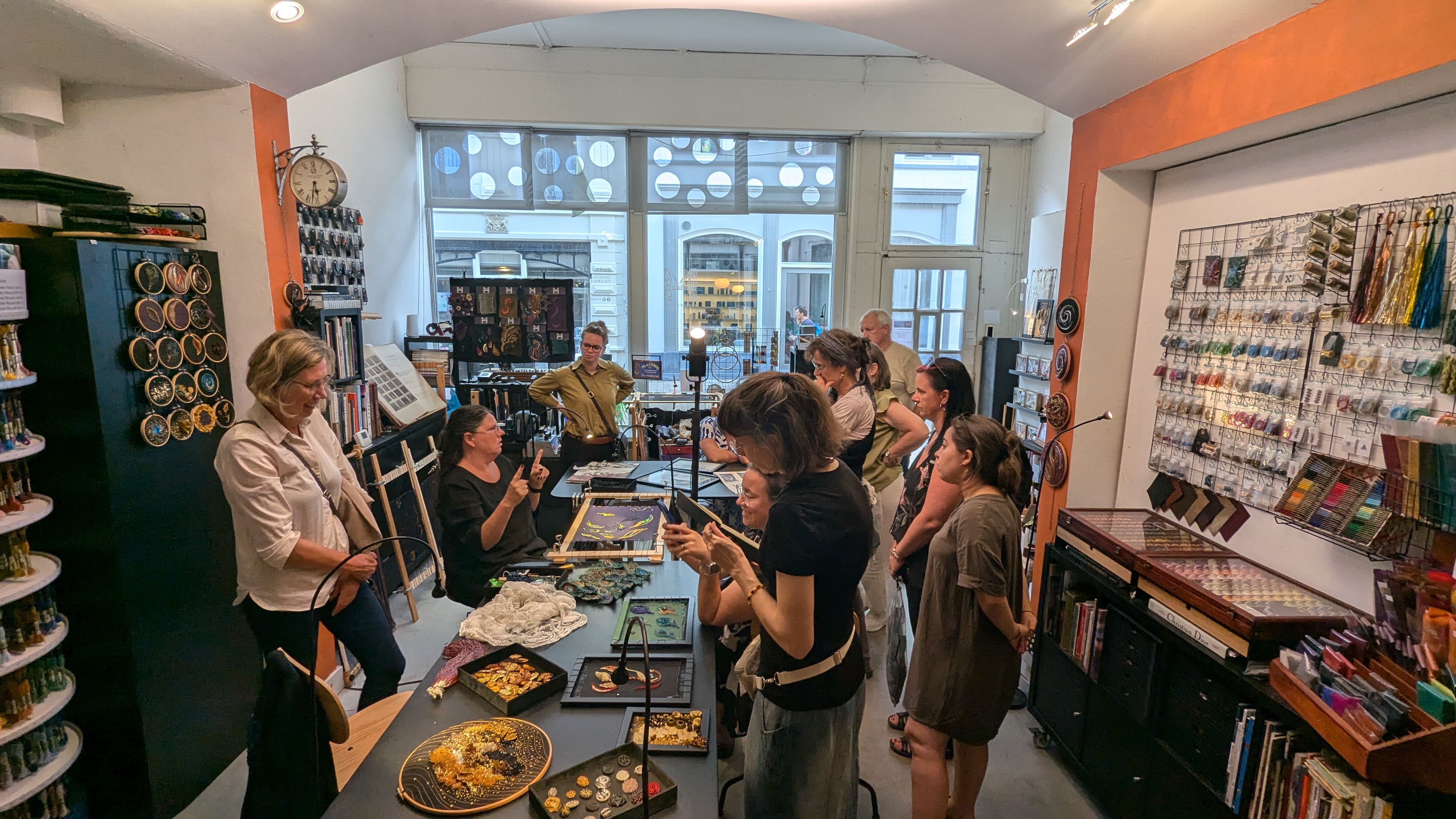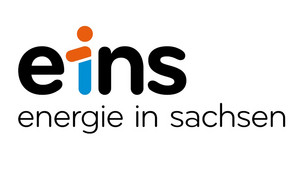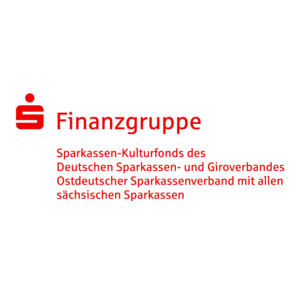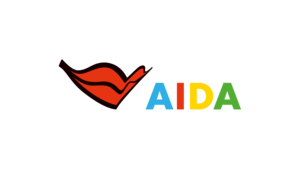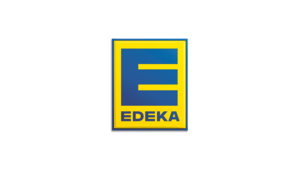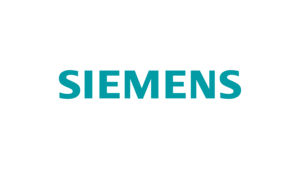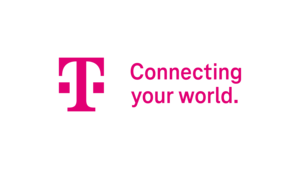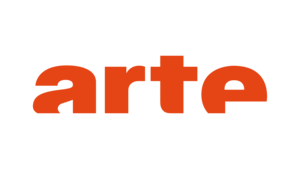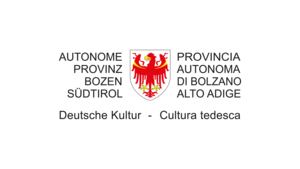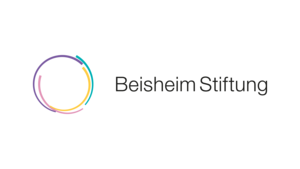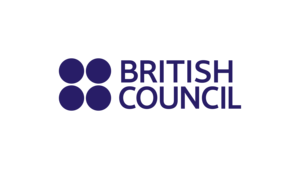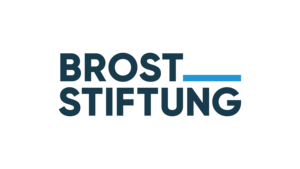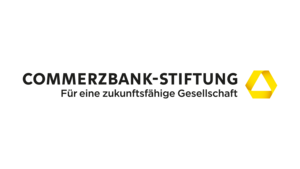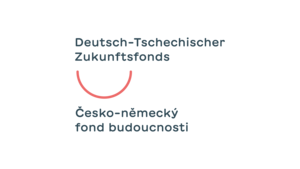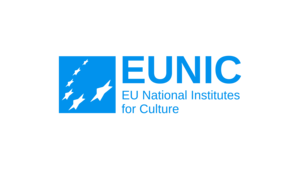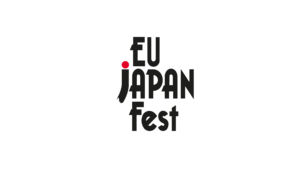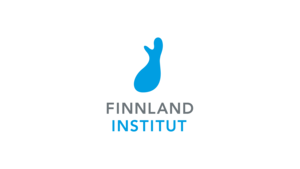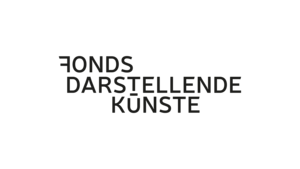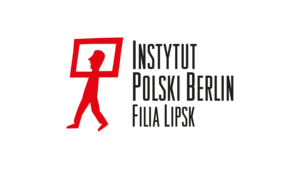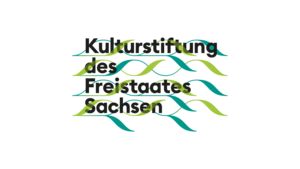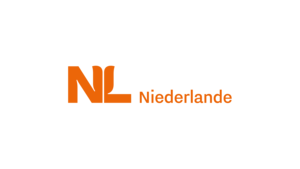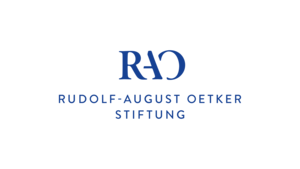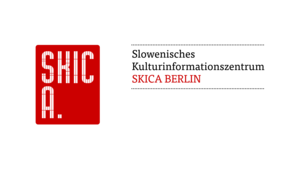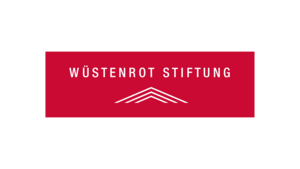Our project Makers, Business & Arts was on the road for three days in the name of the textile future with the Makerhub partners from the Esche Museum in Limbach-Oberfrohna, the Saxon Textile Research Institute, the textile workshop of the Makerhub Lehngericht Augustusburg, the artist Katharina Jebsen and the historical show weaving mill in Braunsdorf.
First stop: Textile Museum Bocholt. As in many European places, the Chemnitz textile industry has left its mark here too: Schubert & Salzer's warp knitting machines can still be seen here today.
Second stop: The former woollen blanket factory in Tilburg in the Netherlands is now not only a museum, but also houses two dobby looms and a Jacquard loom by Louis Schönherr, which are also testimonies to the Chemnitz textile industry.
The TextilLab also makes the dreams of textile designers and artists come true: flat knitting machines, circular knitting machines, embroidery machines, weaving machines through to laser cutting, trimming machines and tufting stations - there are (almost) no limits to the ideas. Creative people use the lab for their projects, for example for exhibitions and fashion collections.
In the studio of Moniquenwerk the group immersed themselves in the intricacies of the art of embroidery. Embroidery has been an intangible cultural heritage in the Netherlands since 2023 thanks to Monique von Munster. She teaches more than 20 embroidery techniques in workshops and on the Patreon community platform and also designs for the haute couture scene. Thanks to a cultural education programme, she will also be able to pass on her knowledge to the younger generation in future and will run numerous courses with schoolchildren. For the finale on the way back, a stop at a place that stands for transformation and where the Capital of Culture year was opened in 2010: Zeche Zollverein.
To summarise: three very well invested days for inspiration, European networking, making plans among the textile professionals from Chemnitz and the cultural region and plenty of momentum for the Capital of Culture year.
The anticipation of Das Esche, the lab for knitting technologies in the Esche Museum in Limbach-Oberfrohna, is now all the greater. The lab will be set up by the end of the year and will open at the beginning of 2025. The Esche is a maker hub of the European Capital of Culture Chemnitz 2025.
The study trip was organised by the main project Makers, Business & Arts of the European Capital of Culture Chemnitz 2025 on the initiative of the Esche Museum.
